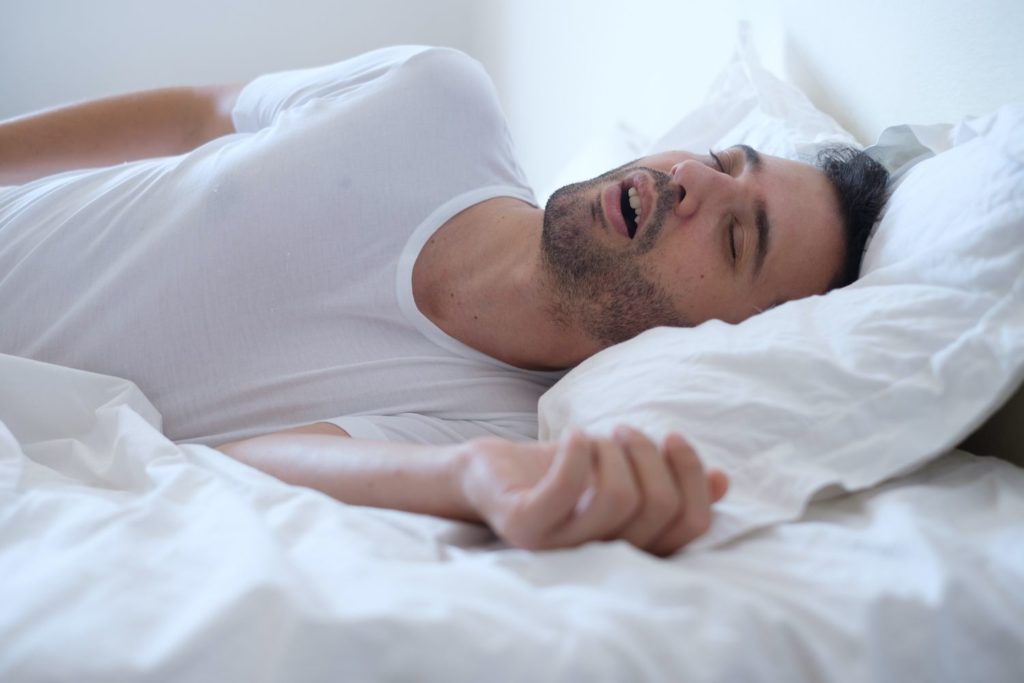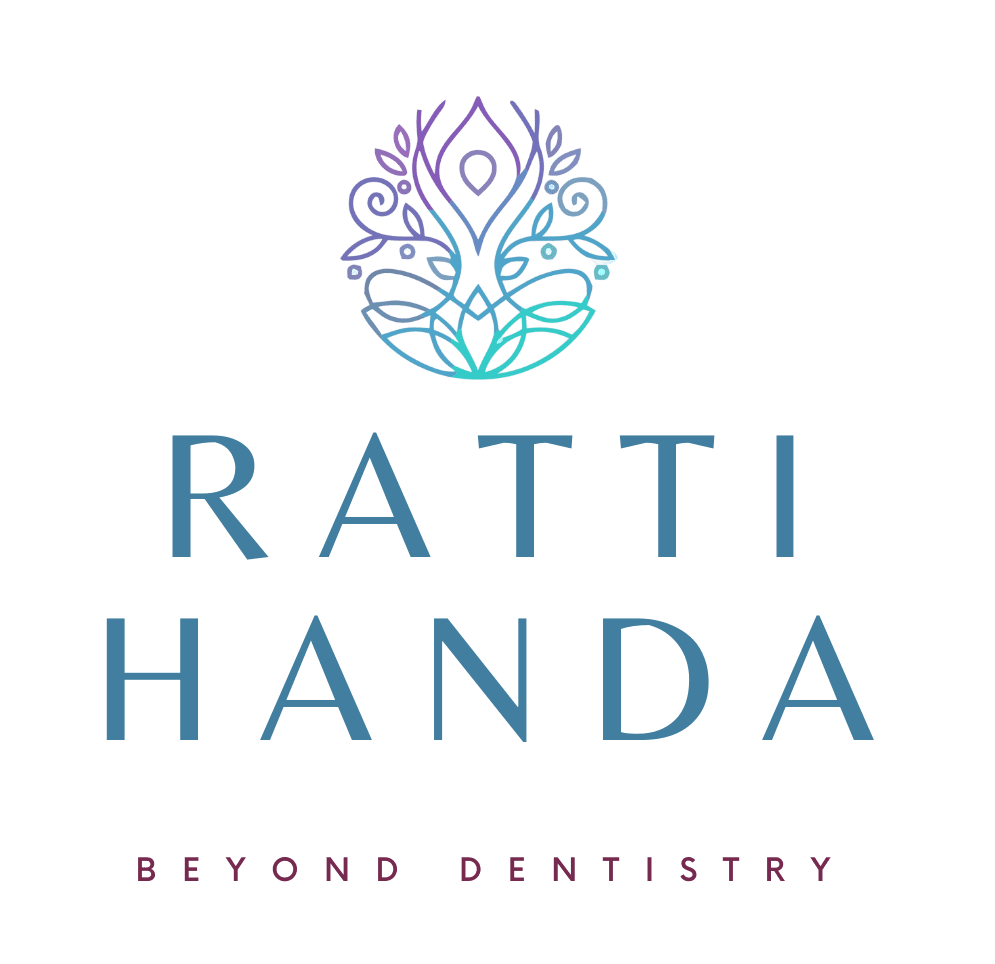Sleep apnea is a sleep disorder that affects a patient’s breathing while they sleep. Specifically, a patient will stop breathing several times throughout the night. More people are becoming aware of the seriousness of sleep apnea. The American Medical Association estimates that nearly 30 million people have sleep apnea in the U.S. However, only 6 million people have received sleep apnea as an official diagnosis.
Unfortunately, sleep apnea is a serious condition that can have severe side effects without treatment. One of the signs of sleep apnea is snoring. But, of course, not all snoring means sleep apnea. Other symptoms include fatigue, headaches, and waking while gasping. In addition, sleep apnea can affect your cognitive abilities, making you forgetful or irritable. Over time, sleep apnea can affect your overall health, including your heart and immune system.
There are three different types of sleep apnea: obstructive, central, and complex or mixed. Obstructive sleep apnea occurs when soft tissues in the throat block the airway, limiting airflow. Another form of sleep apnea is central sleep apnea. With central sleep apnea, the brain doesn’t send the right signals to the muscles that control breathing. Finally, complex sleep apnea is a combination of obstructive and central sleep apnea.
The typical treatment for sleep apnea is a CPAP machine. This machine provides a stream of oxygen that keeps the airway clear. In addition, it provides oxygen for when the patient stops breathing. However, there is another treatment for obstructive sleep apnea called oral appliance therapy.

Oral Appliance Therapy
When you sleep, the muscles in your body relax. This also includes your neck and throat. However, with obstructive sleep apnea, these soft tissues block the airway. The tongue and the soft palate will wholly or partially obstruct the flow of oxygen. When this happens, your body tries to work harder to breathe. Your brain is still telling your body to breathe, which makes your chest muscles and diaphragm contract stronger. While struggling to get oxygen, you will gasp for breath, or you may rouse from sleep with a jerk.
If you have a mild case of obstructive sleep apnea, you may be a candidate for oral appliance therapy (OAT). OAT is a device that rests in your mouth while you sleep. It keeps your tongue and soft palate from blocking your airway and cutting off your oxygen. In fact, OAT correctly positions your jaw and soft tissues to ensure proper airflow. Your dentist can fit you for an oral appliance if you are a good candidate.
OAT comes with many benefits. Unlike a traditional CPAP machine, oral appliances are quiet and do not use electricity. This is desirable for patients who like to travel or whose partners are light sleepers. Additionally, OAT can reduce or stop snoring. Since OAT improves sleep quality, it will allow you to get a better night’s sleep and wake fully rested. You will experience less fatigue and moodiness associated with sleep apnea.
